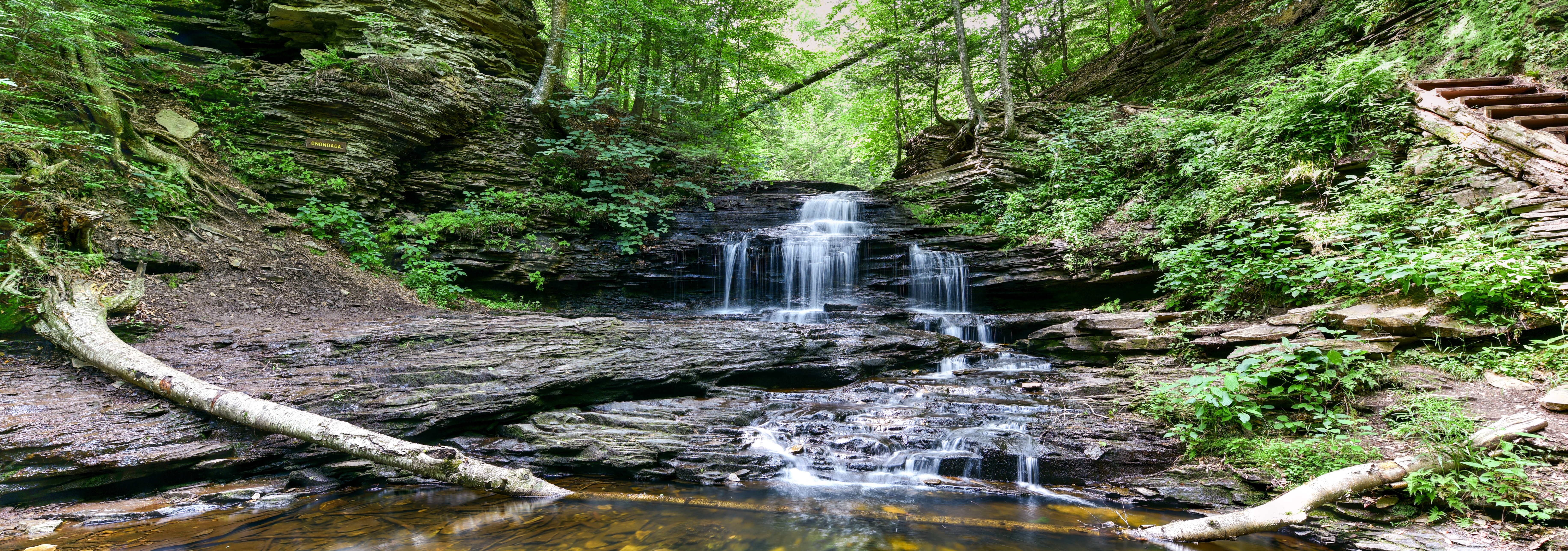Mars sample return science: Transferring geo-skills from Earth to Mars
Presenter
Kathleen Counter Benison, Ph.D., Professor of Geology
Department of Geology and Geography
West Virginia University
Please read: After registering on our site you'll receive a PCPG confirmation email indicating Action Required in the subject line. Your registration is not complete until you click through the unique link in that email directing you to the GoToWebinar web site, enter your name, email address, consent to terms and conditions, and click the Register button. Check your spam filter if you do not see the PCPG 'Action Required' email within 60 seconds of registering, here.
PCPG will circulate a PDH certificate documenting registrant’s participation time, not to exceed 60 minutes, within 72 hours of the conclusion of the webinar.
Level: Intermediate
Who should attend: Geologists making decisions to sample in inhospitable and unknown environments––be them on Earth or on Mars. Anyone interested in Mars and geology.
Webinar Overview: The question of whether there was ever life outside of Earth has intrigued humankind for hundreds of years. Mars, as a close neighbor of Earth, has a long history of an evolving lithosphere, hydrosphere, and atmosphere, suggesting that it may also have had a biosphere. Therefore, Mars is a good place to test the question about extraterrestrial life. Mars sample return science includes a search for rocks and sediments with evidence of past habitability and the potential for biosignatures. Sampling, caching, and returning those martian samples to Earth will allow for them to be analyzed in labs on Earth with instruments and techniques beyond rover capabilities.
Knowledge of extreme environments on Earth that host life provide a foundation for searching for any past life on Mars. For example, acid saline lakes in Western Australian and Chile host diverse and highly unusual microbial communities. These microorganisms and associated organic compounds are trapped in halite and gypsum as they grow in these lakes. Studies of ancient acid saline lake deposits show that these microfossils can be preserved for hundreds of millions of years. A top priority for Mars return samples is that they have potential for long-term preservation of biosignatures such as these.
Mars is both similar to and different from Earth. Both knowledge of Earth systems, as well as skills inherent to geologists, are used to understand the history of Mars. Geological skills, such as temporal and spatial reasoning and evaluation of multiple working hypotheses, are necessary for understanding other planets and addressing the question about life on Mars.
About our presenter: Kathleen Benison is a professor of geology at West Virginia University, where she teaches an introductory geology course called Planet Earth, as well as undergraduate and graduate courses in sedimentology and stratigraphy, sedimentary petrology, chemical sediments, and fluid inclusions. She earned her BS in geology and chemistry at Bridgewater State College in Massachusetts, her M.A. in geology at Binghamton University in New York, and her Ph.D. in geology at the University of Kansas. Kathy is fellow of both GSA and the Explorers Club. She is a science editor for the journal GEOLOGY, chair for the Limnogeology Division of GSA, and a return sample participating scientist for the Mars 2020 mission.


